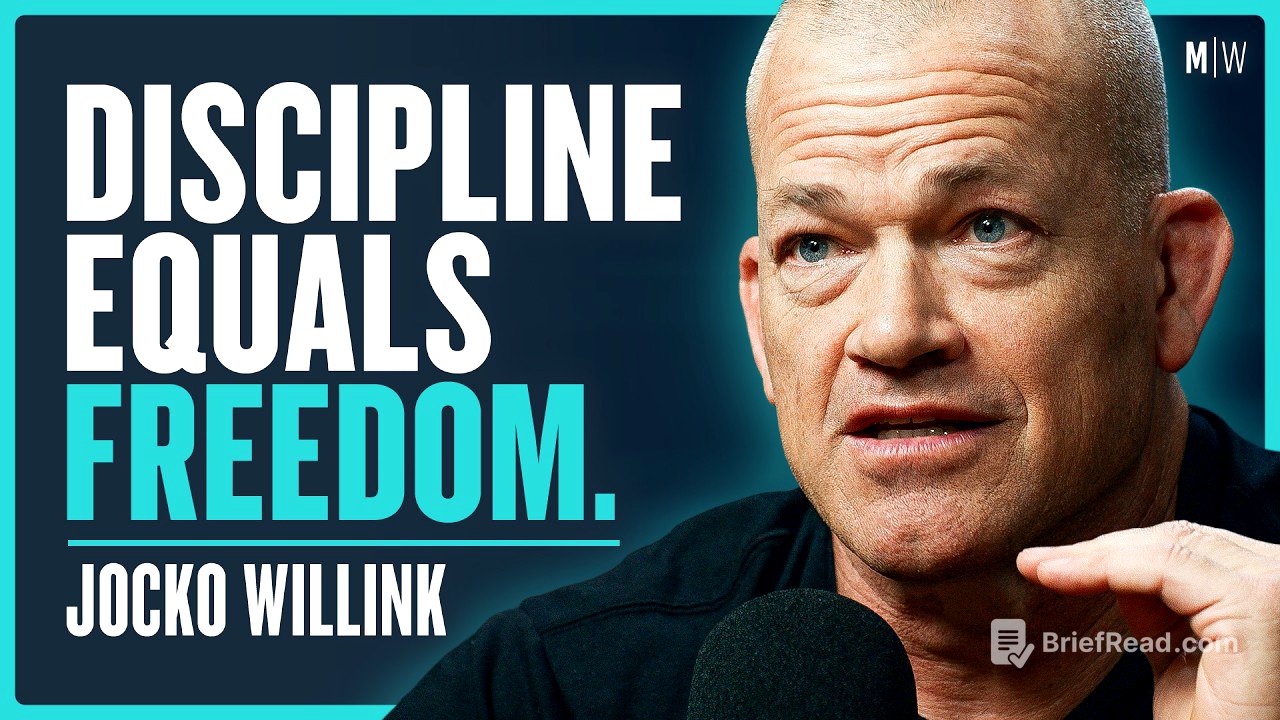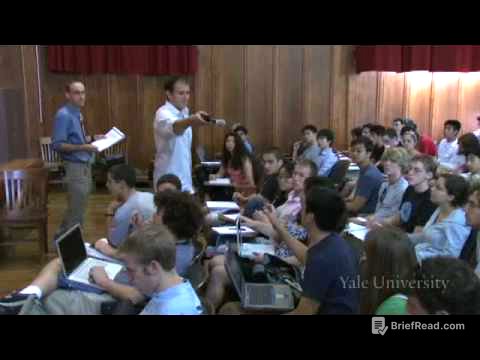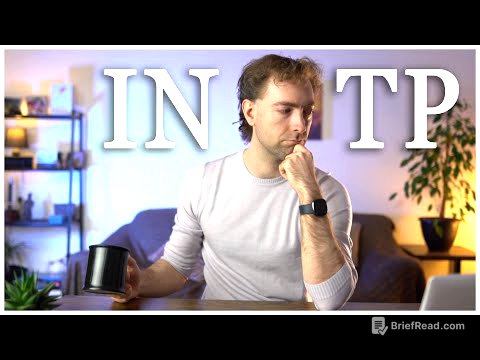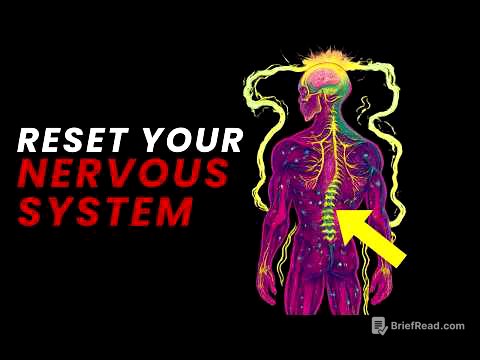TLDR;
This YouTube video features a conversation with Jocko Willink, a retired Navy SEAL, discussing various aspects of life, decision-making, discipline, and the future of warfare. Key points include:
- The importance of prioritizing and making trade-offs in life.
- How humility can boost confidence.
- The necessity of action to overcome fear.
- The chaotic reality of modern firefights.
- Discipline as a choice and a compounding habit.
- Adapting to the future of warfare with an open mind.
There Are No Solutions, Only Trade-Offs [0:00]
Jocko Willink explains that in life, there are no perfect solutions, only trade-offs. Prioritizing one area often means sacrificing effort in another. He emphasizes the importance of recognizing that you can't do everything at once and that compromises are necessary. To manage this tension, one must identify the current priority, whether it's family, business, or health, and accept that other areas may temporarily fall behind. Willink also highlights the importance of prioritizing and executing tasks, a principle he taught in SEAL teams and now applies to businesses. He advises detaching from the details to assess the bigger picture and avoid getting bogged down in one area for too long.
How to Be More Confident in Your Decisions [6:23]
Willink believes confidence stems from experience and the ability to admit uncertainty. He suggests that acknowledging "I'm not sure what to do right now" can alleviate pressure and open doors to collaborative solutions. Humility is key; instead of pretending to know everything, being honest about your knowledge gaps allows others to step in and lead, fostering respect and better outcomes. He shares a story about how admitting ignorance about a sound issue during a cinema production led to a quick solution from someone else. He also uses the example of meeting girls, suggesting to lower the stakes and expect nothing, which will reduce performance anxiety.
One Word You Need to Overcome Fear [20:39]
Willink states that the key to overcoming fear is to "go." He explains that the anticipation and "what-ifs" disappear once action is taken. He uses the example of driving to a target in combat, where fear and anxiety build up, but vanish once the mission begins. He emphasizes that action is an antidote to anxiety and other problems. He admits that this is a trained response, developed through facing fears in a structured way, such as repelling, fast roping, and parachuting. The longer you wait, the worse it gets, so you just need to get rid of all that and just go.
What It’s Really Like to Be in a Firefight [31:59]
Willink describes the chaos and confusion of a modern firefight, emphasizing that it's not as slick or sexy as portrayed in movies. He uses an anecdote about paintball training to illustrate how difficult it is to determine where shots are coming from. He recommends the movie "Warfare" for its realistic depiction of combat. He notes that even highly trained individuals can act unpredictably in such situations. He also shares that during a gunfight, the sound of gunfire is often muted, and time seems to slow down. He also shares that it's hard to hear radio traffic because it blends into the background noise.
Biggest Misconceptions About Discipline [50:19]
Willink addresses misconceptions about discipline, emphasizing that it is a choice, not an innate trait. He shares a story about his daughter, who spoke about discipline, and said that even he, Mr. Discipline, doesn't always want to train but chooses to do it anyway. He argues that discipline begets discipline, leading to a compounding effect of positive decisions. He also highlights the importance of projecting yourself into the future and knowing how much better you're going to feel in an hour, in an hour and a half.
When You Can’t See a Light at the End of the Tunnel [1:00:11]
Willink advises those going through tough times to prioritize and execute, focusing on solving the biggest problem first. He stresses the importance of taking action to break the downward spiral. He suggests breaking down tasks into micro-steps, celebrating small victories to build momentum. He uses the example of jiu-jitsu, where you have to do jiu-jitsu until you submit someone, and the example of muscular training in the gym, where you see the future progress of where you will be if you keep doing the thing.
Staying Driven During Times of Success [1:13:50]
Willink explains that he stays driven during times of success by exploring new arenas and experimenting with different opportunities. He emphasizes iterative decision-making, making small commitments initially to test the waters. He uses the military analogy of maneuver warfare, probing for weaknesses and exploiting gaps.
Advice to Directionless Young Men [1:16:36]
Willink advises directionless young men to take 15 minutes to figure out what they want to do with their lives and start pursuing it with urgency. He shares an anecdote about training MMA fighters, noting that he shifted from telling them they had plenty of time to urging them to act quickly. He stresses that life is short and that action is necessary to make things happen.
How to Not Let Comfort Weaken You [1:23:35]
Willink shares a lesson from training MMA fighters: recognizing when someone is overtraining and needs rest. He advises taking a breather when life starts going backward. He suggests a rule: if you need a day off, you can't take it today, but you can take it tomorrow. He also references James Clear's habit advice: never miss two days in a row.
Pete Hegseth’s Impact on the US Army [1:30:05]
Willink discusses the US Army's recruitment numbers hitting a 15-year high, attributing it to a pro-American and patriotic administration. He talks about Pete Hegseth's role in bringing change to the Army, including streamlining upper ranks and reallocating leadership responsibilities. He supports the idea of junior people being in charge of things that are commensurate to their level of responsibility.
The Future of Warfare [1:37:39]
Willink discusses the future of warfare, noting the new forms of warfare seen in Ukraine, such as drones controlled by fiber optic cables. He believes manned fighter aircraft will eventually become obsolete. He stresses the importance of keeping an open mind and not getting caught in one idea of warfare. He also touches on the potential for cyber warfare and information operations to become the primary focus of conflict.
What’s Next for Jocko? [1:57:06]
Willink mentions that the dramatized version of one of his books, starring Chris Pratt, has finished filming and is in the editing process.









